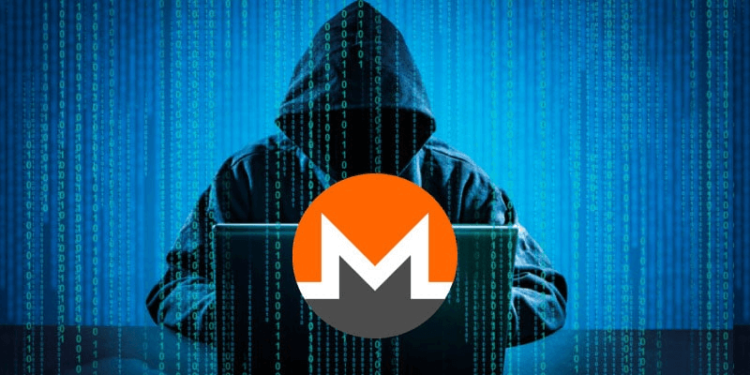US Government sanctions related to Russian hackers are actually turning out to target monero as a privacy-based cryptocurrency. Following the reports, we are learning more about it in the latest monero XMR news.
According to a list of sanctioned individuals, the US treasury is targeting Monero addresses in its pursuit of privacy tokens. Russian nationals Danil Potekhin and Dmitriy Karasavidi, became the latest people on the specially designated nationals list which according to the announcement, both of them created an elaborate phishing campaign that targeted US Citizens in 2017 and 2018. Both parties had a huge number of crypto addresses including Ethereum and bitcoin as well as Zcash and Litecoin. However, Karasavidi’s information includes a Monero address-5be5543ff73456ab9f2d207887e2af87322c651ea1a873c5b25b7ffae456c320.
The treasury was updating the crypto capabilities including targeting the crypto wallets of a few Russian nationals that were reportedly involved in election interference and government-sponsored misinformation last week but now the US government sanctions have singled out an XMR address. The investigation is a result of the collaboration between the treasury and the Department of Homeland Security as well as the Department of Justice. According to the announcement, Treasury Secretary Steven Mnuchin explained:
“The Treasury Department will continue to use our authorities to target cyber criminals and remains committed to the safe and secure use of emerging technologies in the financial sector.”
Crypto analytics companies that contract with the US government such as CIphertrace were busy developing Monero-tracing tools as the IRS announced a bounty for those that will be able to crack the untraceable token. The question remains: how can the Treasury track the wallet’s transactions?
The privacy coins such as Monero, allow users to transfer their funds with a strong level of privacy. They use various methods to do so such as obfuscating the transaction amounts and the wallet addresses of the receiver and sender. This is not something like Bitcoin and Ethereum do where addresses can be traced back to their known wallets and exchanges or eventually to someone’s identity. The IRS added:
“Currently, there are limited investigative resources for tracing transactions involving privacy cryptocurrency coins such as Monero or other off-chain transactions that provide privacy to illicit actors.”
The IRS is taking applications until September 16th and those that will take part will receive their bounty in two phases: $500,000 payment for developing a working concept of a privacy crack tool and an additional $125,000 payment after the pilot test is completed and approved by the government.
DC Forecasts is a leader in many crypto news categories, striving for the highest journalistic standards and abiding by a strict set of editorial policies. If you are interested to offer your expertise or contribute to our news website, feel free to contact us at editor@dcforecasts.com























Discussion about this post